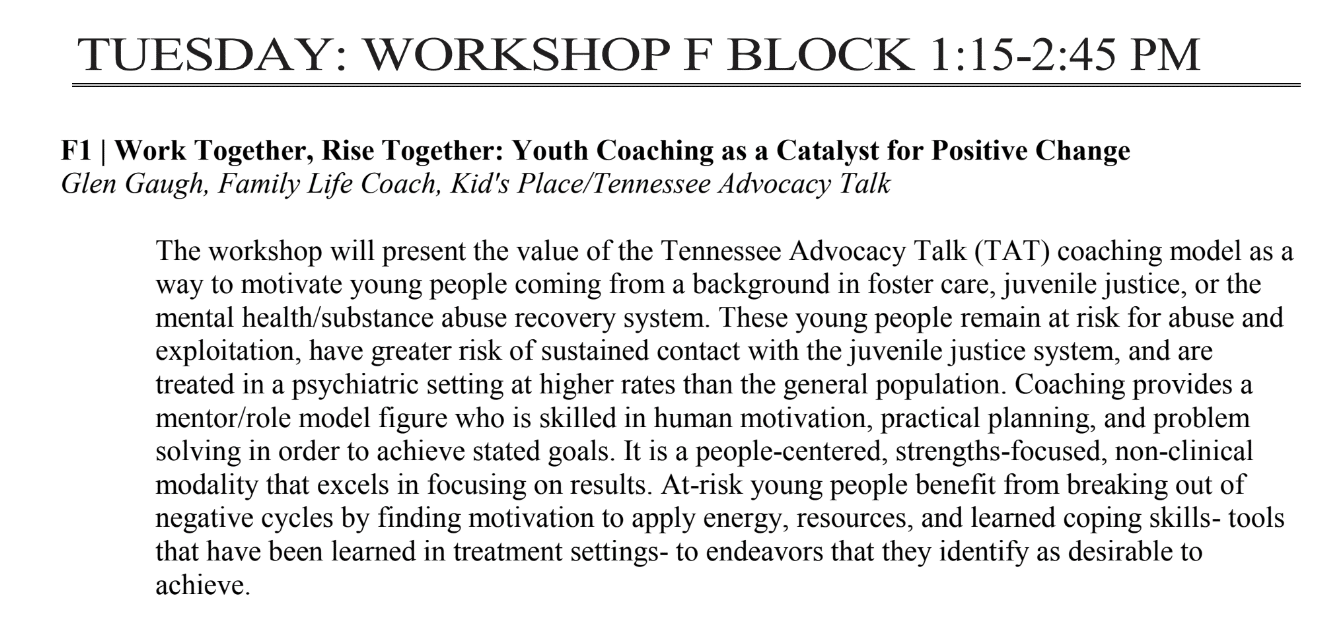
Two high-profile bills have bitten the dust as of today– the Medical Cannabis Act and the bill to arm teachers in rural schools. Each had its strong supporters and equally vocal detractors.
Rep. David Byrd (R-Waynesboro) initially held his bill to arm teachers at the Governor’s request, according to early reports, but moved forward through the committee process in the State House before being defeated in the Education Planning and Administration committee today. The bill would have allowed teachers who undergo special training to bear arms at a specific teacher-to-student ratio, in schools where resource offers are not funded to protect all schools. The Governor has released his own plan to fund officers and to establish a 24-hour anonymous reporting line for school violence.
Sen. Steve Dickerson, Senate sponsor for the Medical Cannabis Act (SB 1710), pulled the bill before it went to the Senate Judiciary committee, citing a lack of votes to get it through the committee. This action effectively kills the bill, since the bill would have to pass both houses to become law. The bill as it stood before the going to committees this week seemed to be gaining momentum with some key amendments, including removing pain relief and nausea as qualifying symptoms for medical cannabis, at the request of some legislators.
Juvenile Justice reform continues through committees this week. We’ve been focusing on this so stay tuned for more as developments occur.
Some less touted bills of interest that will be on the floor in the Legislature on 4/4 include a HB 2330 banning corporal punishment for students in special education, and SB 2196, which will require at least one social worker to be employed at any school serving grades K-12.
Finally, SB 2214 will be on the Senate floor on 4/5. This bill limits the number of unrelated individuals with disabilities from living together in a single family residence from 8 individuals to 6 individuals. It also sets out a definition of “sober living home,” and authorized local governments to adopt ordinances that require reporting to the government by the operator of the sober living home. The House passed an amended bill which stuck out the capacity requirement and the local ordinance allowance, but put in place signage requirements that presumably are meant to reduce the liability of local governments where sober living homes are concerned. We’ll see if the Senate adopts these amendments as well.
Thanks for keeping up with matters of state government by checking in here at TABizTalk, your news and views site by Tennessee Advocacy Talk.



















